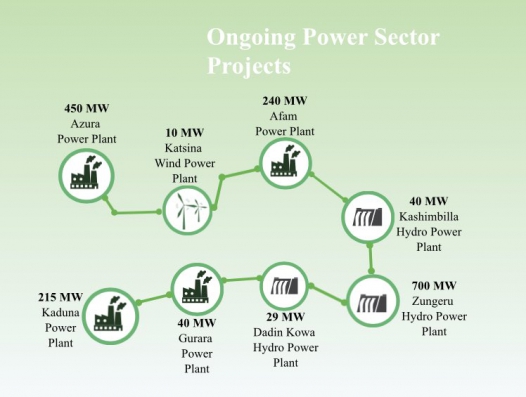Nigeria's Kachikwu Urges Better Coordination with Power Sector
Nigeria's minister of state for petroleum resources Emmanuel Ibe Kachikwu has called for stronger coordination between the gas and power sectors, given that most gas used inside Nigeria is for power generation. He made his remarks to the Presidency Quarterly Business Forum in Abuja, July 11.
But a report published by the International Energy Agency (IEA) provides sobering reading about the prospects for increasing upstream gas investment.
The federal government wants to foster a 'gas revolution' in Nigeria, through its Power Sector Recovery Plan (PSRP) which Kachikwu said is being run in collaboration with the World Bank, which is providing financial support over a two-year transition period while the power sector attains full viability.
The plan, approved by the cabinet in March 2017, focuses on supporting the implementation of power sector reform, reducing losses in the distribution companies, enhancing the sector's financial viability, increasing access to electricity, and mobilising private sector investment. The World Bank reportedly hailed it as a realistic strategy and commended its main author, Nigeria's power minister and former Lagos governor Babatunde Fashola. The bank will contribute to the program by developing financial solutions and attracting private sector capital in Nigeria.
Nigeria's Acting President, Yemi Osinbajo, told the same July 11 event that private sector-led investment is important to the PSRP's realisation.
After attending the Abuja event, Osinbajo flew to London later on July 11 to meet President Buhari who is receiving medical treatment there. Osinbajo became Acting President once more on May 9, having held the same position earlier in the year too when Buhari was ill.
According to the Presidency, there are four gas-fired power plant projects currently backed by the Buhari administration. Its graphic below though includes the privately-funded 450 MW gas-fired 'Azura' independent power project, under construction and planned to start up 2H2018.

Graphic credit: Nigerian Presidency / Twitter
Whilst the World Bank is encouraging, the IEA's Gas 2017 report, published July 13, notes more starkly that "in Nigeria, Africa’s biggest economy, militant attacks on gas facilities, the absence of political reforms, and a lack of investment have led to structural gas shortages. The reduction in gas-fired power generation by 50% from recent average levels has deprived millions of power and hurt the economy."
The IEA report said that an increase in Nigerian oil production could provide more associated gas for the economy, but that "uncertainties around the security situation.... make any upward expectation of gas demand highly unlikely." An IEA official told NGW this week that international oil companies are "very careful about investing upstream" in what they see to be a market that is not functioning well.
Omono Okonkwo



